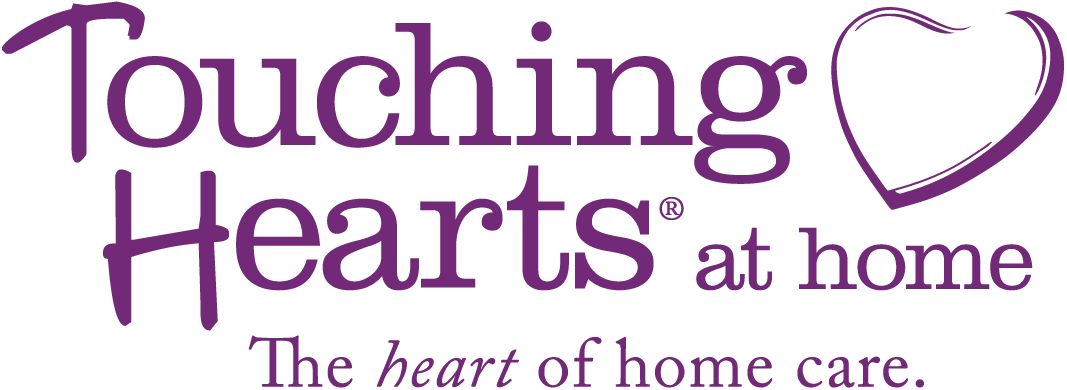Becoming a hospice administrator can be a rewarding and challenging career choice. Hospice administrators play a crucial […]
Home care is an occupation that can be financially, physically, and mentally challenging. That’s why home care workers need resources that help them flourish in their roles and support their well-being.
Well-being covers many areas of life. It’s important to not use one single factor to classify your employees’ well-being. Here are the different home care resources that we’ll discuss:
- Financial Resources
- Emotional Resources
- Spiritual Resources
- Support Systems
- Mentorship
Keep each of these in mind for your caregiver recruitment and retention efforts, and the culture you want to foster at your agency.
Financial Resources for Home Care Workers
According to a recent report, 42% of home care workers live in low-income households, and 15 percent live in households below the federal poverty level.
While many home care agencies have increased caregiver wages, there are other ways agencies can help employees who have financial need.
Benefits that can support caregiver well-being and improve recruitment and retention include:
- Melody Benefits Card: This card offers partial cell phone bill coverage, bus transportation coverage, and assistance for deductibles and copays.
- Good Thnx: With this easy-to-use customer and employee recognition program, you can send caregivers rewards, like a cup of coffee for picking up an extra shift!
- Tuition reimbursement: Investing in your caregivers’ continuing education improves the quality of your clients’ care, boosts employee morale, and helps you grow your talent from within.
- Gift cards and bonuses: Show your appreciation for your home care services team with annual bonuses or gift cards.
One home care agency owner that we spoke to, Kim Tweedel, owner of Advocates for The Independent, invited one of her local banks to speak to her care team. Employees learned about the importance of saving money, where to invest, and how to prepare for tax time.
Brittany Meyers, an administrator at Community Home Care Services, a home health provider in Knox, Indiana, said her agency supplies gas gift cards to offset costs for employees providing home care services.
“I develop a huge respect for the RNs, LPNs, and therapists we have on-staff that drive miles, in snow, ice, freezing temperatures, to see their patients weekly,” she said.
Emotional Resources for Home Care Workers
According to Home Health Care News, the home care turnover rate was 77.1% in 2022. With the high likelihood of staff turning over, it’s important to understand the roots of their actions and to provide them with the assistance they need to make safe and healthy decisions.
Be the employer you know you can be by showing your caregivers:
- They have a choice in how they respond to situations
- How to make good decisions
- How to work with difficult clients
- How to reframe a situation that gives them control of what’s next
Develop a library of home care resources for emotional health and share it with your team. There are free resources online specifically for health care workers.
Spiritual Resources for Home Care Workers
When the word “spiritual” comes to mind, you might think of religion. Religion is a form of spirituality, but there’s more to it than that.
Spirituality means being concerned with one’s soul and humanity aside from material possessions and things. Spirituality can mean being outside, connecting with nature, and having a healthy relationship with one’s environment.
To feel whole, your caregivers need spiritual resources. They may have a religion that they lean on for their moral code. However, there are other ways spirituality fits into a person’s well-being.
Help your caregivers find their spiritual center by:
- Offering paid time off for volunteerism
- Identifying what matters most to them and what makes them happy
- Practicing meaningful forgiveness and finding the good in each situation
- Planning team-building events, so caregivers can feel connected to their peers
Support Systems for Home Care Workers
Caregivers need a variety of support systems. That includes transportation that’s close by, support networks that foster their personal development, and resources for their families.
For workers who are parents of young children, adequate childcare support is a quintessential part of one’s ability to work effectively. It may be difficult to find a babysitter if family members aren’t available to help. Create spaces for your employees to share resources like babysitters and daycare providers.
Here are some other ways you can equip your caregivers with the assistance they need:
- Establish a professional network for them to learn from: Put a Facebook group together just for your caregivers, and a separate one for all of your staff.
- Give them a space to share their interests: Encourage your staff to take time to themselves to explore different activities they like. These could be showcased in a caregiver talent show, or something similar.
- Build an internal system that caters to personalized support systems for your caregivers and administrative staff. Use this as a venue to discuss and share professional and personal opportunities and share home care resources.
- Attempt to pair home care workers with clients based on personality and compatibility. Both clients and workers will be happier if they get along well.
Mentorship for Home Care Workers
As a home care agency owner, you’re in a position to establish caregiver mentorship programs, group training sessions, and professional or personal guidance.
Here are some ways you can help mentor and support caregivers:
- Be proactive about avoiding caregiver stress and burnout. Watch for warning signs of caregiver stress, provide ample assistance and supervision, and check in with your staff regularly to create a culture of connection.
- Sandwich criticism with positive reinforcement of good behaviors. Caregiver recognition and appreciation goes a long way.
- Encourage your staff to be involved in decision-making. Gauge their interest in working with a new client before signing them on. Survey them to see what topics you should cover in your next training seminar.
Let Education Be Your Caregivers’ Next Move
One of the best home care resources you can offer your staff is on-demand continuing education. Empower caregivers to learn new skills in areas they’re passionate about — dementia care, or disease-specific care, for example.
By providing continuing education that caregivers can access at their convenience, you’re investing in them, and their personal and professional growth.
You’re also investing in staff recruitment and retention. According to a recent CareAcademy survey, 94% of caregivers say access to further education and career path opportunities is an important consideration in accepting a job with a home care agency.
Make your home care agency the employer of choice by offering a higher degree of support to your caregivers. When your caregivers thrive, so does your business.






